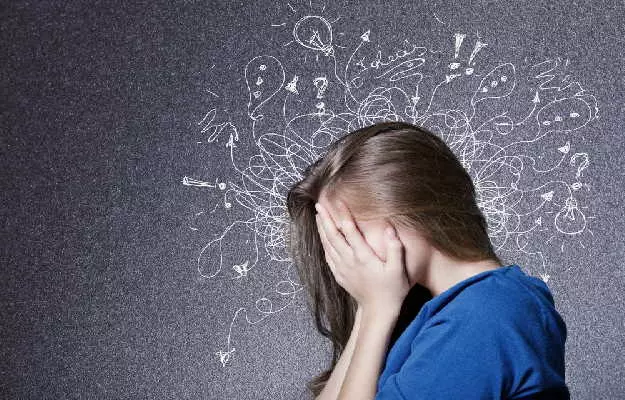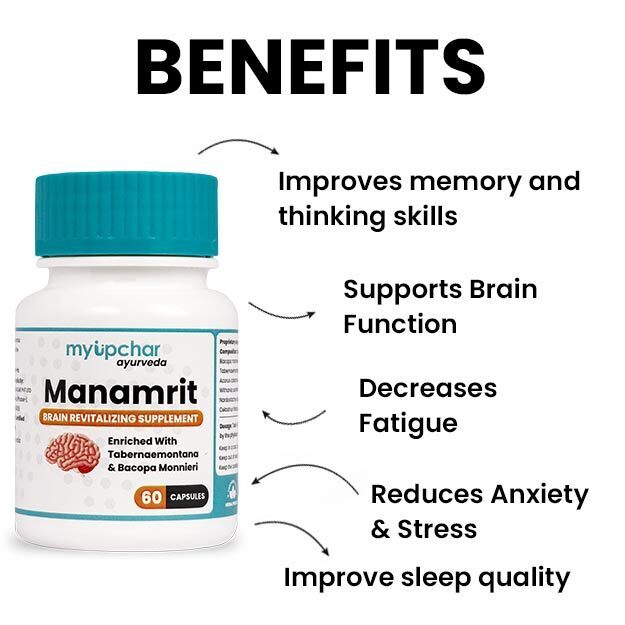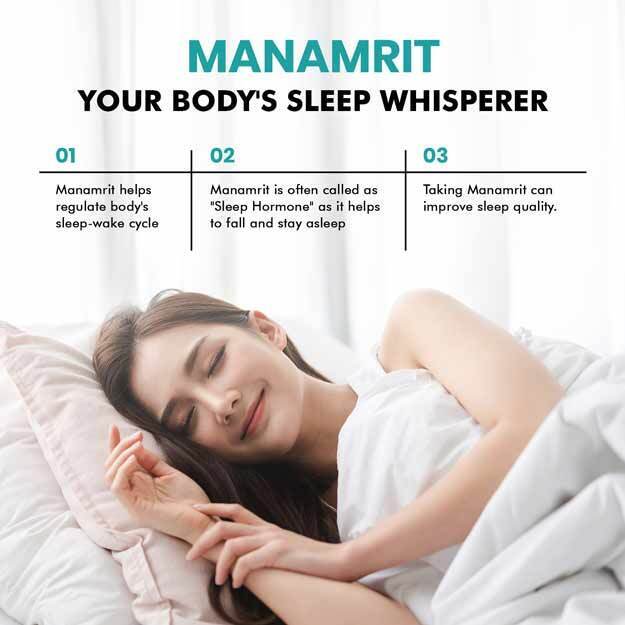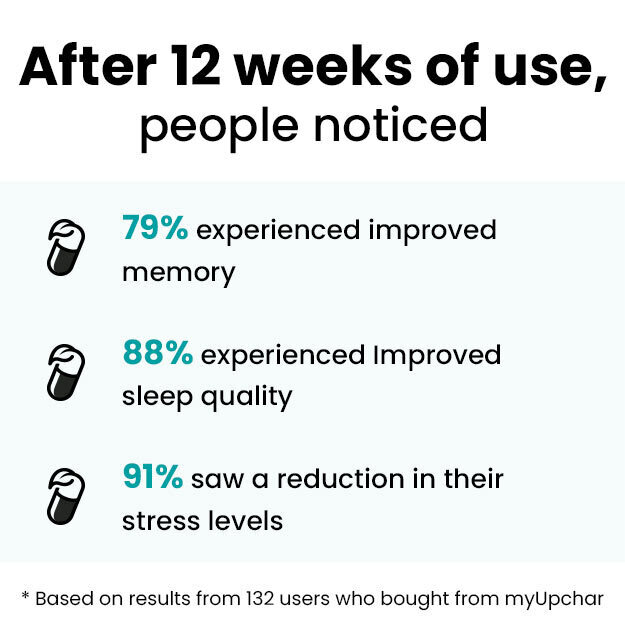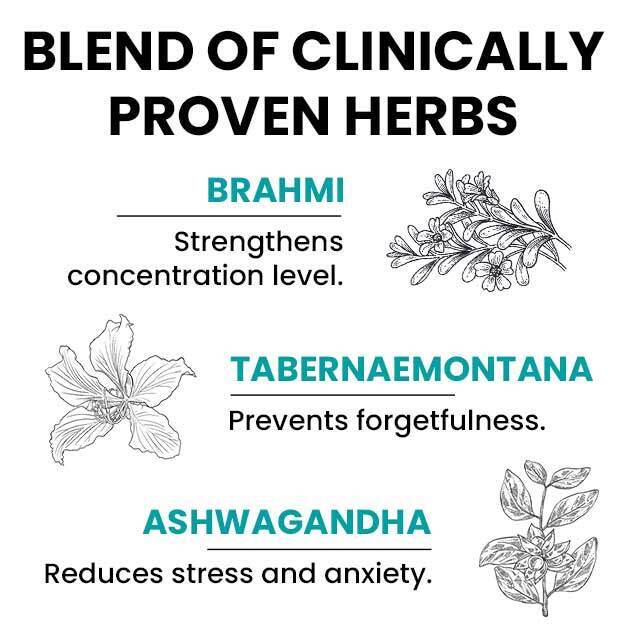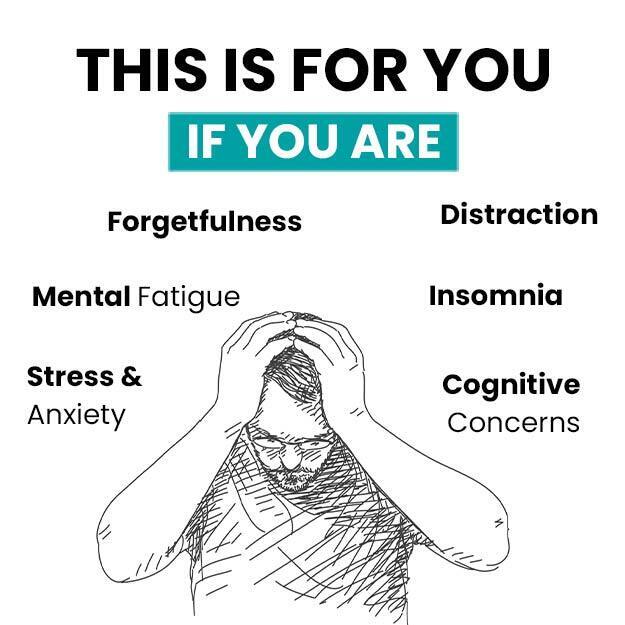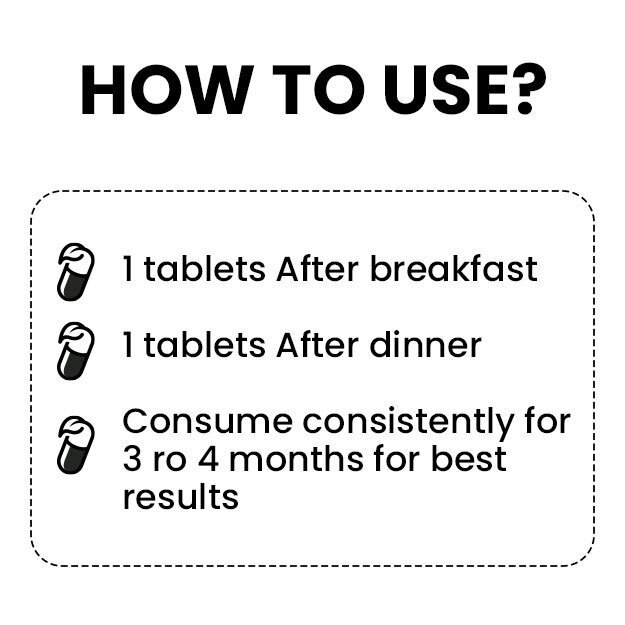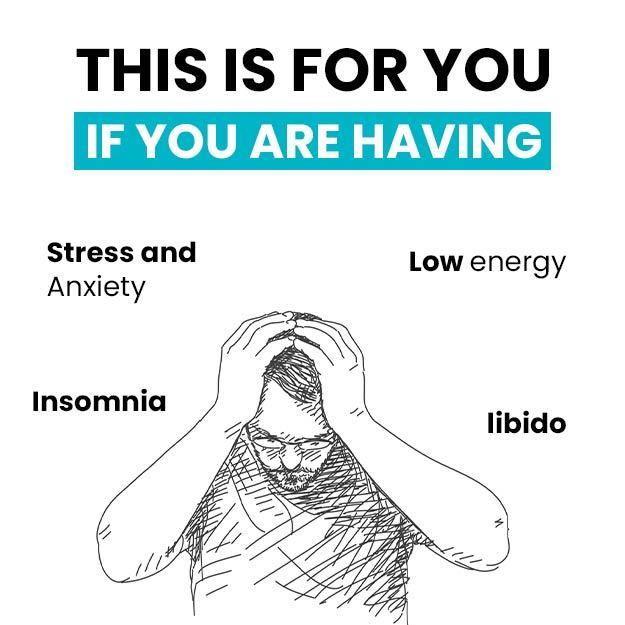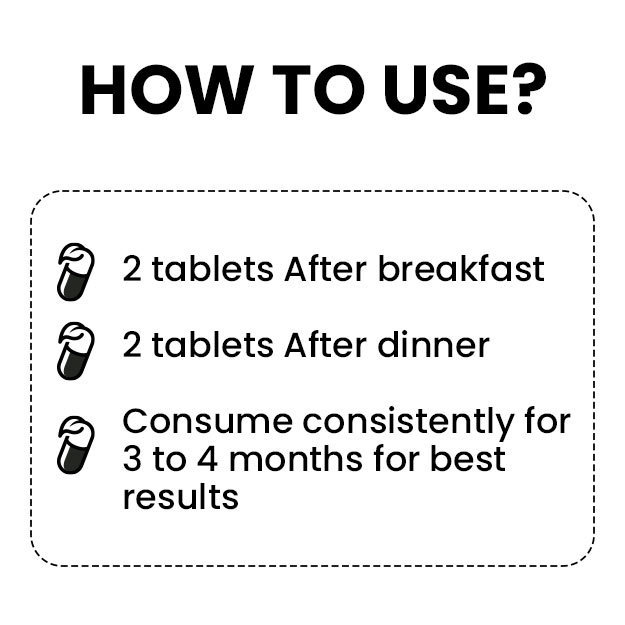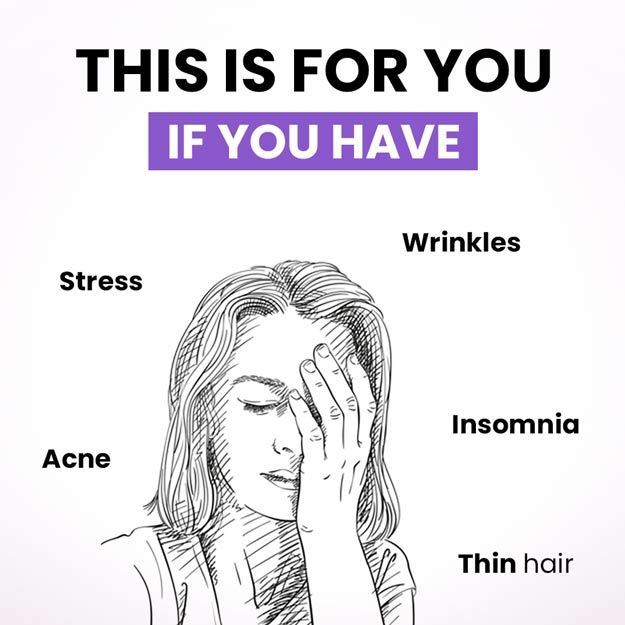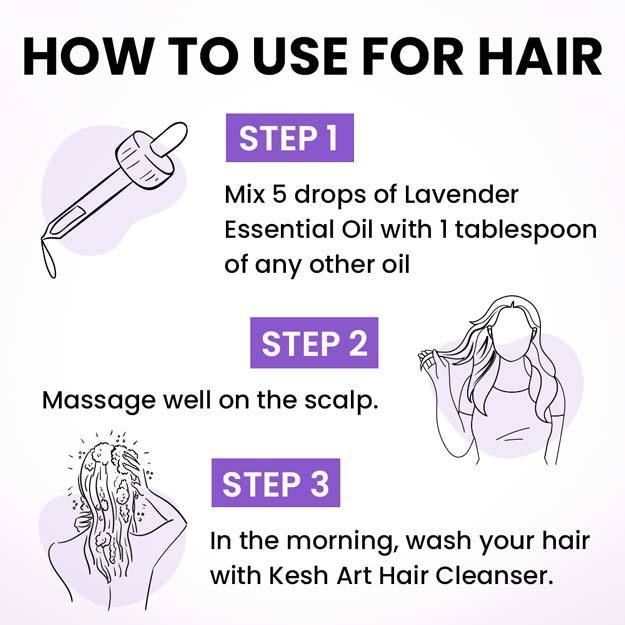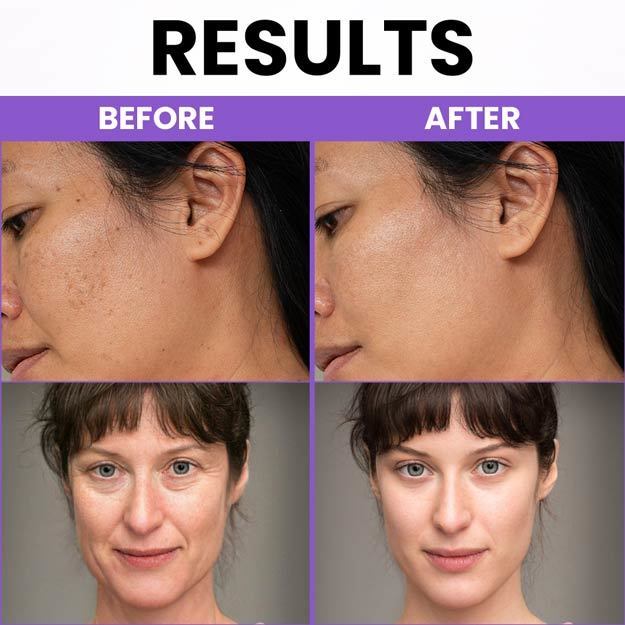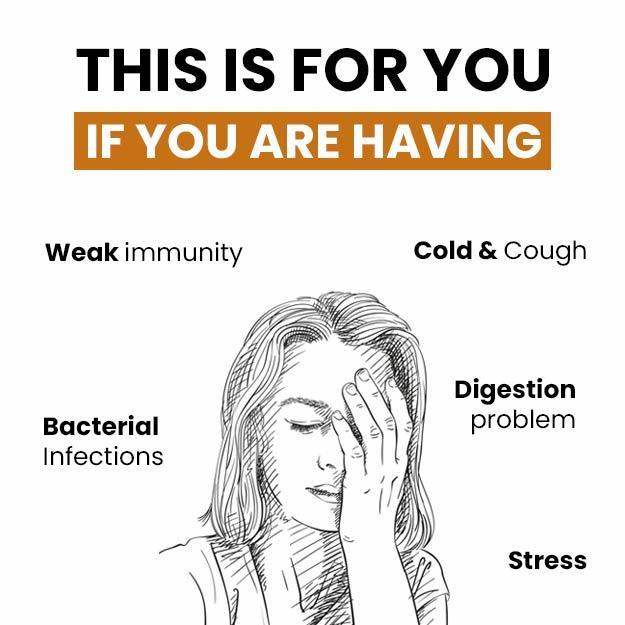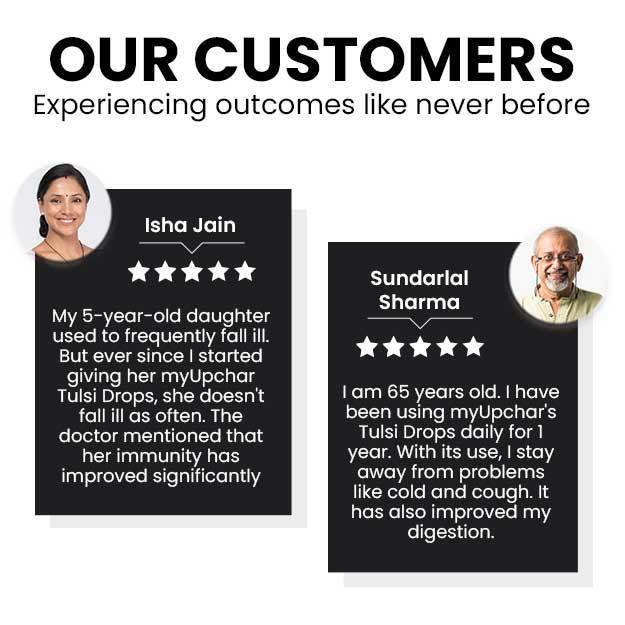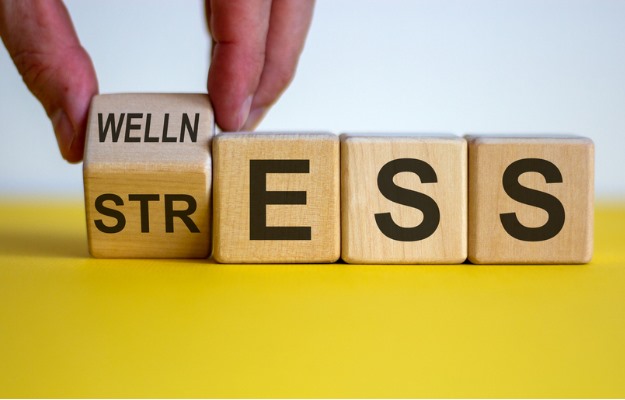In today's time, we all live in stress and anxiety and consider both the same, whereas both are different, their treatments are different and other things to be kept in mind are also different, so let us know about stress and anxiety in this article. All about the differences and lines.
Read more - (Effects of stress on the body)
- What Are Stress And Anxiety?
- Symptoms of Stress and Anxiety
- Difference Between Stress And Anxiety
- Cause Of Stress And Anxiety
- Stress And Anxiety Disorders
- Treatment Of Stress And Anxiety
- Summary
What Are Stress And Anxiety?
Stress is an action in your brain. Any event that makes you feel frustrated or nervous can increase stress. Whereas anxiety is a feeling of fear or uneasiness. Although this may occur as a response to stress, it may also occur for no apparent reason. Both stress and anxiety include most of the same symptoms, such as-
- Insomnia
- Digestive Problems
- Hard To Concentrate
- Muscle Strain
- Irritability Or Anger
Most people experience feelings of stress and anxiety at some point and while these aren't necessarily always bad, stress and anxiety can sometimes be a helpful motivator for completing difficult tasks or doing things you don't like. You may not want to, but uncontrolled stress and anxiety can cause problems in your daily life and affect your mental and physical health.
Read more - (Home Remedies for Stress)
Symptoms of Stress and Anxiety
Stress and anxiety can cause a variety of physical and psychological symptoms. Symptoms of stress include:
- Dizziness
- Muscle Strain
- Digestive Problems Including Nausea And Diarrhea
- Insomnia
- Anger Or Irritability
- Headache
- Increased Sweating
- Restlessness
- Changes In Appetite
- Increased Heart Rate
Anxiety can also include other symptoms in addition to stress-like symptoms such as -
- Sense Of Destruction
- Tingling Or Numbness
- Brain Fog
Read more - (Stress relieving foods)
Difference Between Stress And Anxiety
The big difference between stress and anxiety is the presence of a specific trigger. Stress is generally associated with a specific situation. Once that situation is resolved, your stress also goes away. Maybe you are worried about your exam, or about your job, or about some other problem. Stress has a specific root. Once the exams are over or the job is done, your stress starts going away. However, this does not mean that stress always lasts only for a short period of time. Chronic stress is stress that lasts for a long time. On the contrary, having anxiety does not necessarily result in stress.
Can One Change Into The Other?
Although stress and anxiety are different things, they are closely related. In some cases, stress can trigger anxiety. For example, if you're stressed about a big move, the stress may cause anxiety if you start feeling nervous about a specific thing.
Read more - (Stress relief Ayurvedic remedies)
How To Know If You're Experiencing Stress Or Anxiety
If you're experiencing your emotions because of a specific trigger and you feel like everything will be fine once the problem is fixed, it's probably a result of stress. But if the exact cause isn't clear, or your symptoms persist even after the initial trigger goes away, it may be a cause for concern.
Cause Of Stress And Anxiety
Stress usually occurs in response to physical or mental pressure. This pressure can include major life changes, such as:
- Starting A New School Or Job
- Any Illness Or Injury
- A Friend Or Family Member Is Sick Or Injured
- Experiencing The Death Of A Family Member Or Friend
- Getting Married
- Having A Baby
- Due To Lack Of A Job, These Reasons Turn Into Anxiety As Stress Increases.
Read more - (Yoga for stress relief)
Stress And Anxiety Disorders
Stress and anxiety that occur repeatedly may be a sign of an underlying condition, including:
- Generalized Anxiety Disorder – This is a generalized anxiety disorder characterized by uncontrolled worrying. Sometimes people worry about bad things happening to themselves or their loved ones, and sometimes, they may not be able to identify any sources of anxiety.
- Panic Disorder – This condition causes panic attacks, which cause a racing heart, shortness of breath along with moments of extreme fear.
- Post-Traumatic Stress Disorder – This is a condition that causes flashbacks or anxiety as a result of a traumatic experience.
- Social Anxiety Disorder – This condition causes intense feelings of anxiety in situations that involve interacting with others.
- Obsessive-Compulsive Disorder (OCD) – This is a condition in which you develop a habit of doing the same thing over and over again.
Read more - (Anxiety disorder remedies)
Techniques To Manage Stress And Anxiety
It's common to experience stress and anxiety from time to time, and there are several strategies you can use to make them more manageable. Pay attention to how your body and mind react to stressful and anxiety-producing situations. The next time you have this type of experience, you will be able to predict your reaction. Some lifestyle changes can help reduce the symptoms of stress and anxiety. These techniques can be used along with medical treatment for anxiety. Techniques to reduce stress and anxiety include:
- Limiting Caffeine And Alcohol Intake
- Getting Enough Sleep
- Exercising Regularly
- Practicing Meditation
- Pursuing One's Passions
- Practicing Breathing Exercises
- Communicating Your Feelings To Your Loved Ones
Read more - (Home Remedies for Anxiety)
When To Seek Help From A Doctor
Whenever stress or anxiety begins to affect your daily life, it is best to talk to a mental health professional. A qualified therapist can help you to identify potential triggers and reduce their impact. If stress or anxiety makes you depressed and you start having thoughts of harming yourself or others, it is useful to consult a doctor. If you are having thoughts of harming yourself or ending your life, know that you are not alone.
Treatment Of Stress And Anxiety
Many types of therapy can help deal with stress and anxiety. A mental health professional can help you find the right approach for your specific symptoms. Some treatments like -
- Cognitive behavioral therapy, which teaches you to recognize anxious thoughts and behaviors and change them to more positive ones.
- Exposure therapy, in which you are gradually exposed to something that causes anxiety.
- Acceptance and commitment therapy, which teaches you to accept negative emotions.
Depending on your symptoms, your doctor may also recommend medication. These may include serotonin reuptake inhibitors (SSRIs), such as sertraline (Zoloft) or paroxetine (Paxil). In some cases, a physician may also prescribe a benzodiazepine such as diazepam (Valium) or lorazepam (Ativan).
Read more - (Natural way to relieve anxiety fast)

